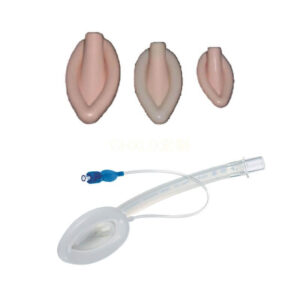
Medical silicone catheters often feature markings or graduations to help healthcare professionals accurately determine catheter placement and depth. They may also include valves or pistons to regulate the flow of liquid or gas, providing precise control during procedures. Additionally, silicone catheters can be equipped with various accessories, such as syringes and sampling instruments, to meet the diverse needs of medical operations.
These components can be tailored to specific applications, ensuring they meet the unique requirements of each procedure while maintaining safety and efficiency. The selection of components and configurations depends on the needs of the physician and available equipment.
As experts in silicone solutions, we offer comprehensive catheter manufacturing, including silicone extrusion, balloon forming, shaft/funnel overmolding, and assembly––all backed by decades of innovation in medical silicone catheters.
Benefits of Medical Silicone Tubes for Medical Applications
Medical silicone tubes offer several advantages that make them ideal for use in the healthcare industry:
- Biocompatibility: Silicone tubes are biocompatible, minimizing tissue irritation and allergic reactions, making them suitable for medical devices like catheters, connectors, and artificial organs.
- Softness and Elasticity: Their flexibility allows them to adapt to various anatomical structures and navigate curved or tortuous paths without breaking or deforming.
- Temperature Resistance: Silicone tubes perform well across a wide temperature range, making them ideal for applications requiring high-temperature sterilization or low-temperature storage.
- Chemical Resistance: These tubes resist corrosion and degradation from many chemicals, making them suitable for use with various drugs, disinfectants, and medical substances.
- Transparency: The transparency of silicone tubes allows easy monitoring of fluid flow, drug delivery, and sampling, which is crucial in medical procedures.
- Durability: Silicone tubes are wear-resistant and durable, making them reliable for long-term use in applications requiring frequent replacements or sterilization.
Applications of Medical Silicone Tubes
Silicone tubes are commonly used in medical fields such as:
- Catheters and Connectors: Including infusion and drainage tubes, endotracheal tubes, and more.
- Artificial Organs and Implants: Such as artificial heart valves and joints.
- Medical Equipment: Blood pressure monitors, ventilators, and dialysis machines.
- Drug Delivery: Infusion pumps, syringes, and more.
- Diagnostic Equipment: Test tubes, blood collection tubes, and petri dishes.
In conclusion, the unique properties of medical silicone tubes—biocompatibility, flexibility, temperature resistance, chemical resistance, transparency, and durability—make them essential in a wide range of medical devices and equipment.
Silicone Capabilities for GHXLD: Versatile Solutions for Medical Applications
Medical silicone offers a range of capabilities that make it ideal for use in various medical devices and equipment. Key applications include:
- Single-Cavity and Multi-Cavity Extruded Parts: Medical silicone can be extruded into both single and multi-cavity parts, used for manufacturing seals, connectors, valves, and other critical components in medical devices.
- Balloon Components: Silicone can be molded into balloon shapes for inflation and pressure control in medical applications. For example, silicone balloons are commonly used in interventional procedures such as vasodilation and stent implantation.
- Sealing Performance: With excellent sealing capabilities, medical silicone is used to create seals for devices like hemodialysis machines, ventilators, and other medical equipment, ensuring secure, leak-free operations.
- Elasticity and Softness: The inherent softness and elasticity of silicone make it ideal for flexible parts in medical devices. Applications include infusion tubes, drainage tubes, and other components that need to bend or flex without compromising performance.
- Temperature Resistance: Silicone is resistant to both high and low temperatures, making it suitable for applications that require high-temperature sterilization or low-temperature freezing, such as in surgical instruments and storage equipment.
- Biocompatibility: Medical-grade silicone is highly biocompatible, meaning it is safe for use in devices that come into contact with the human body, including implants, artificial organs, and catheters, without causing irritation or allergic reactions.
Overall, medical silicone’s combination of flexibility, temperature resistance, sealing performance, and biocompatibility makes it an indispensable material in a wide range of medical devices and equipment, supporting both innovative and reliable healthcare solutions.

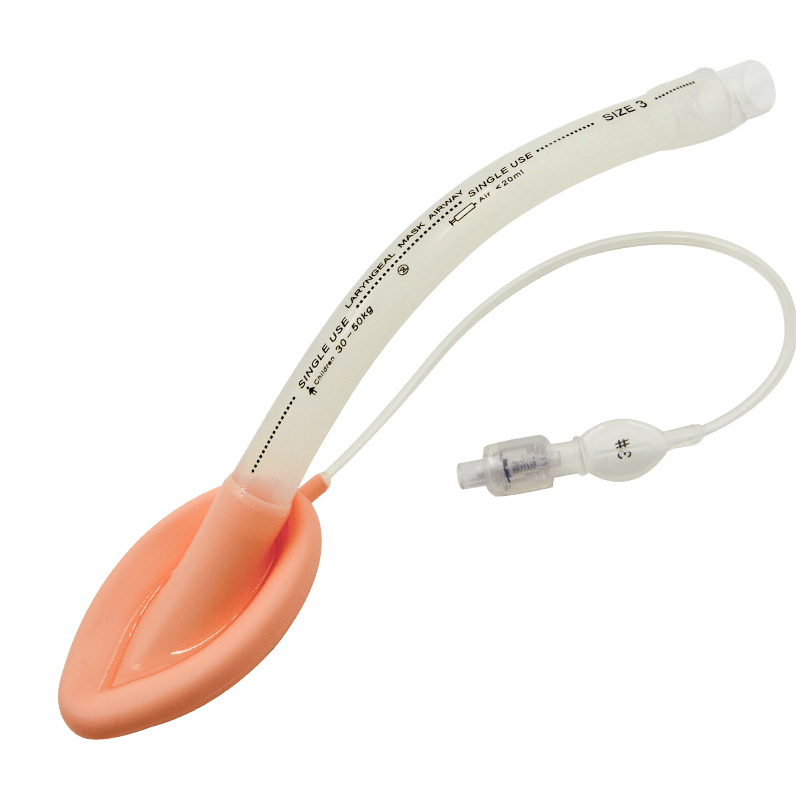

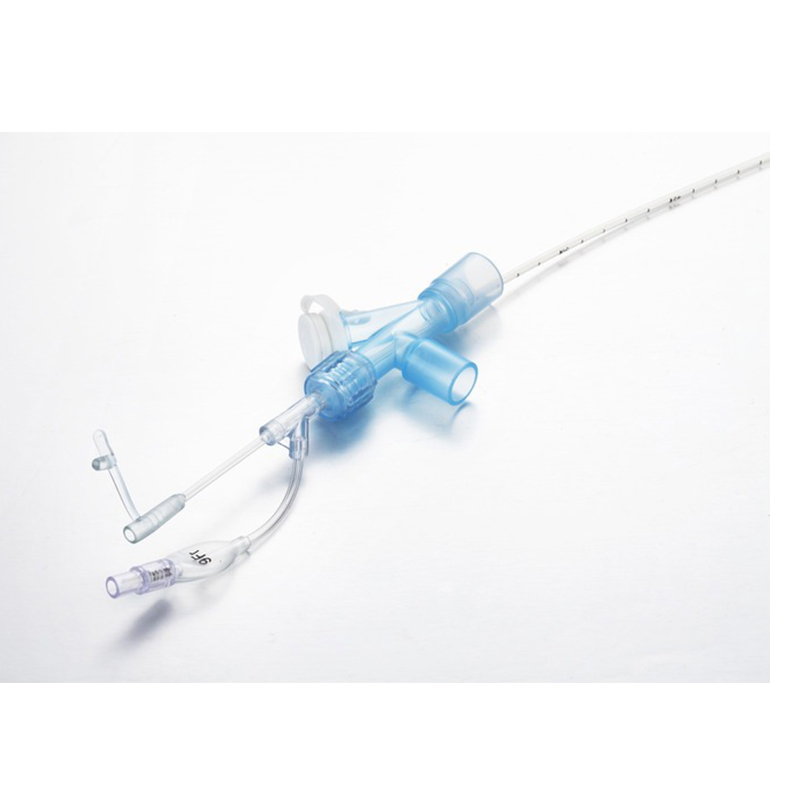

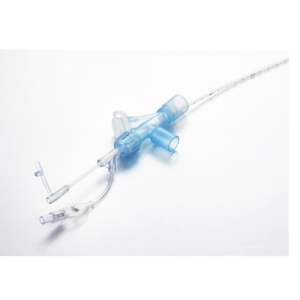
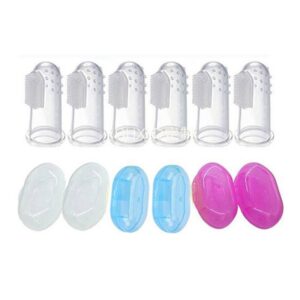
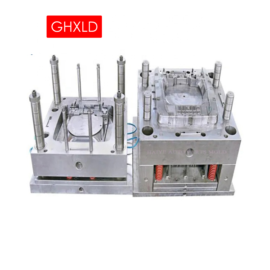
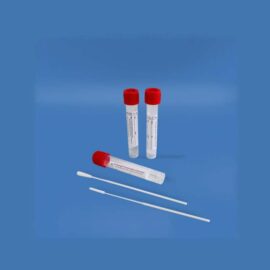
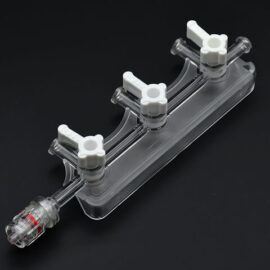
Reviews
There are no reviews yet.